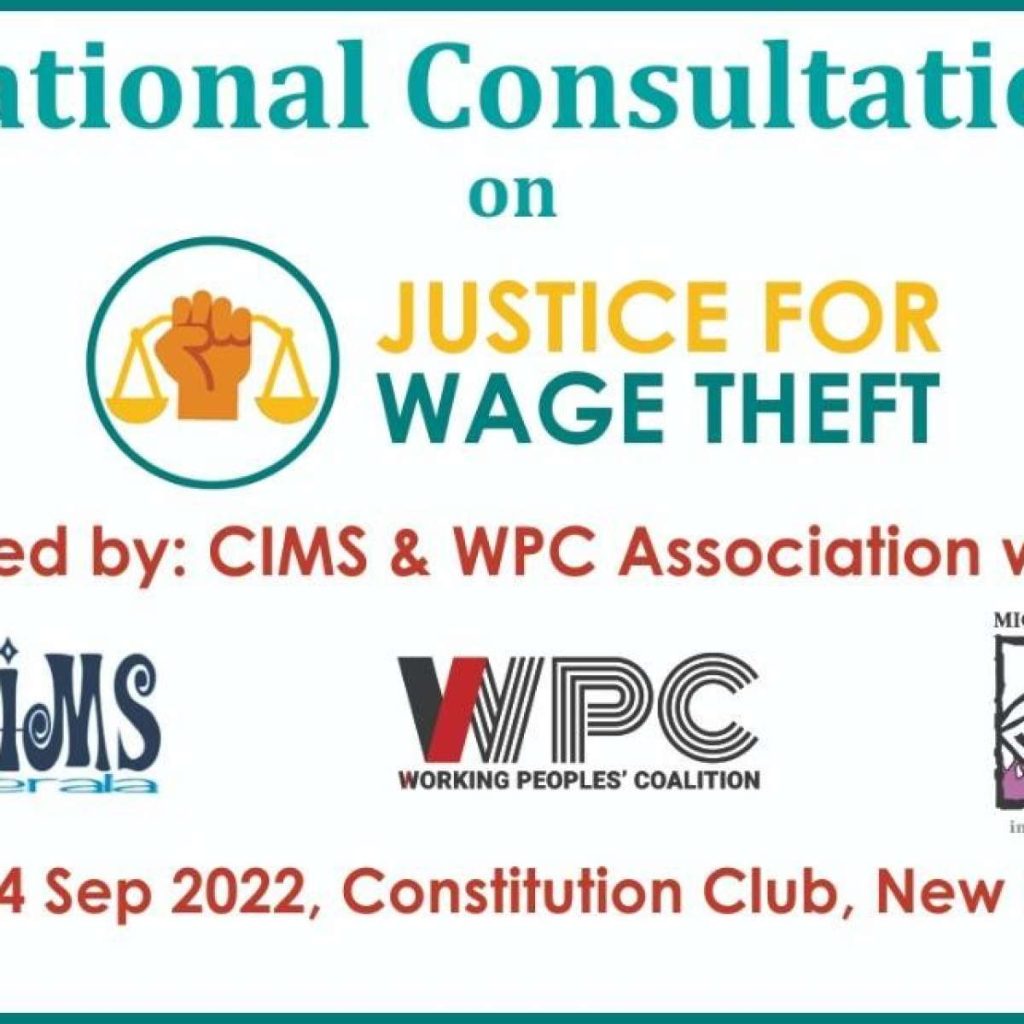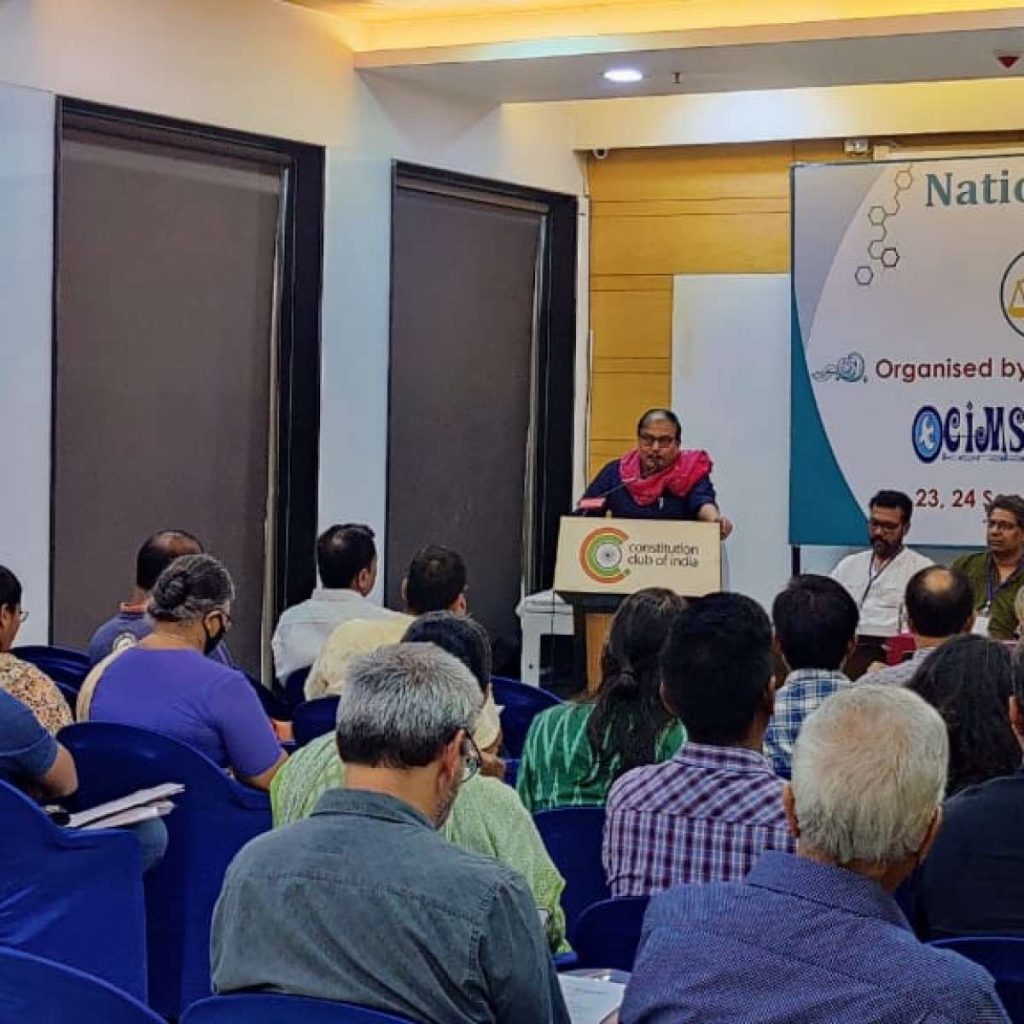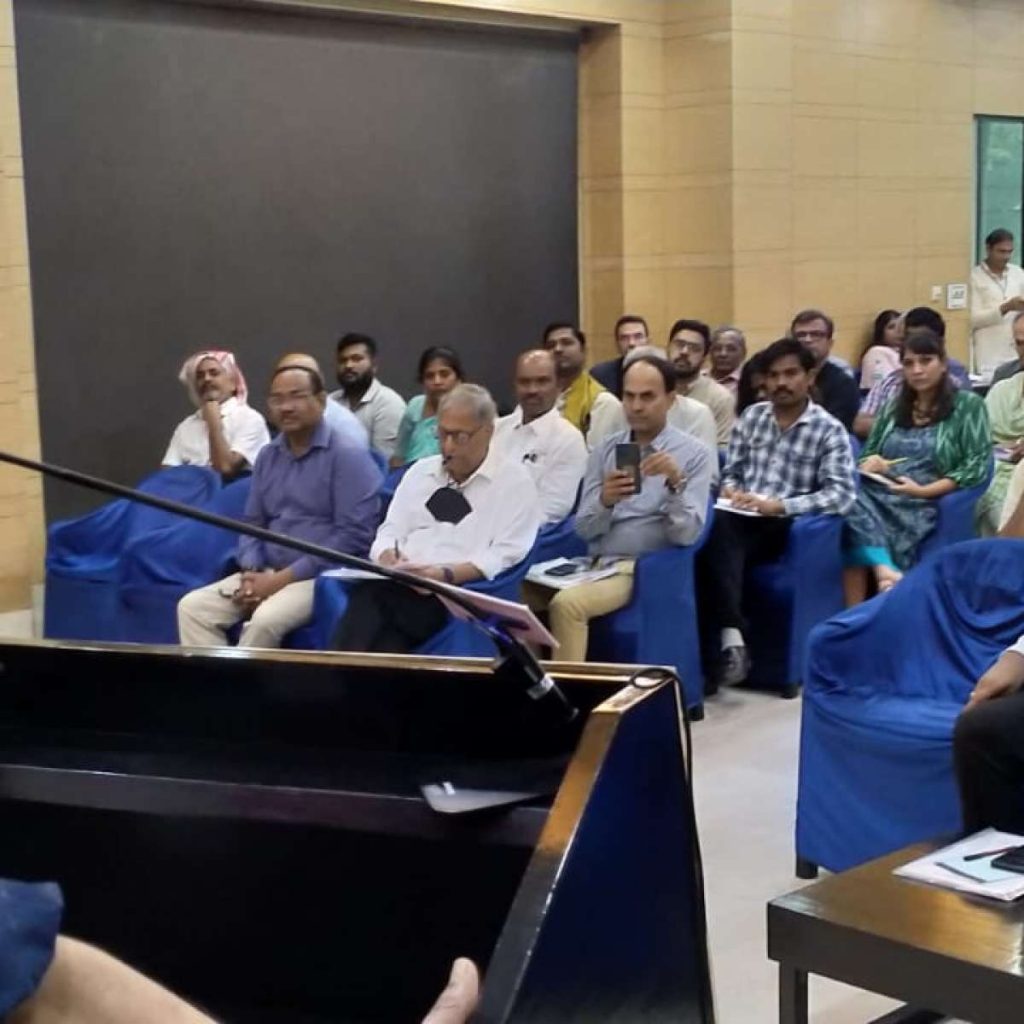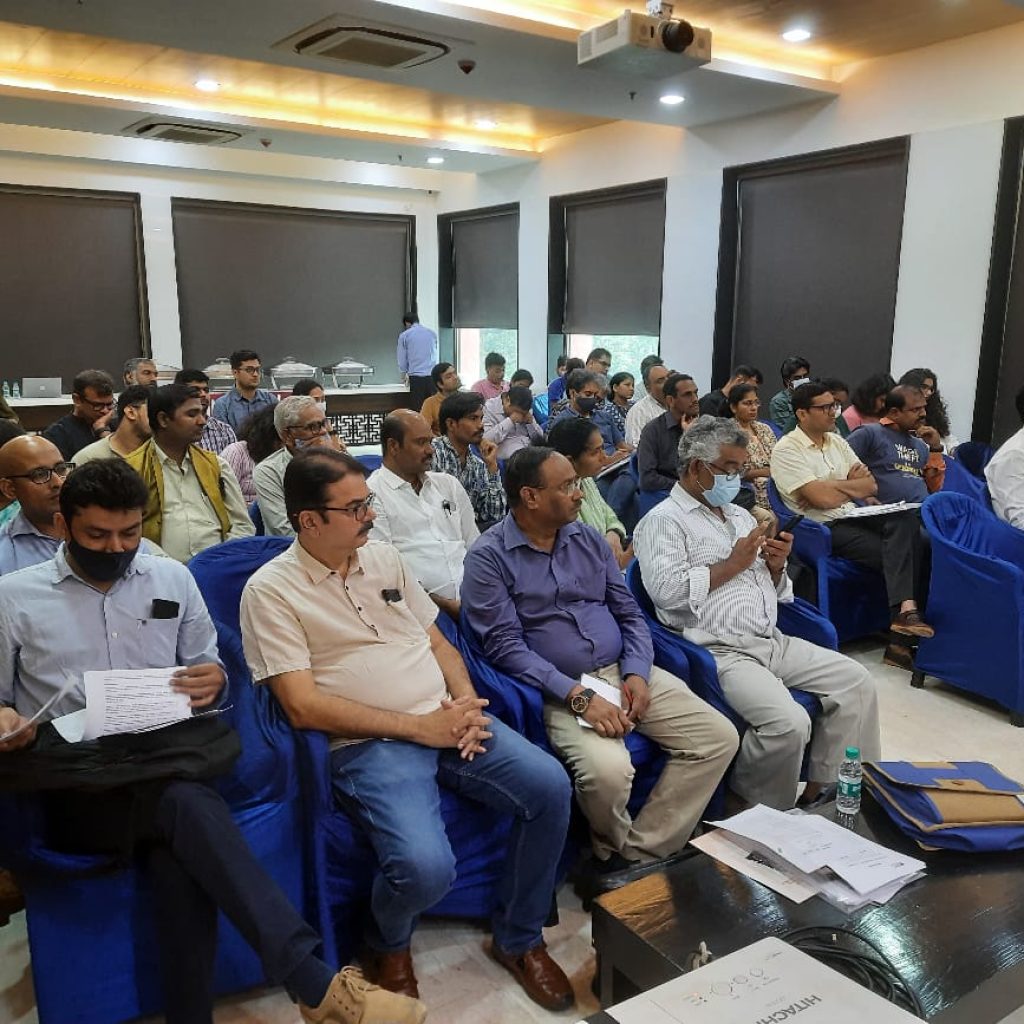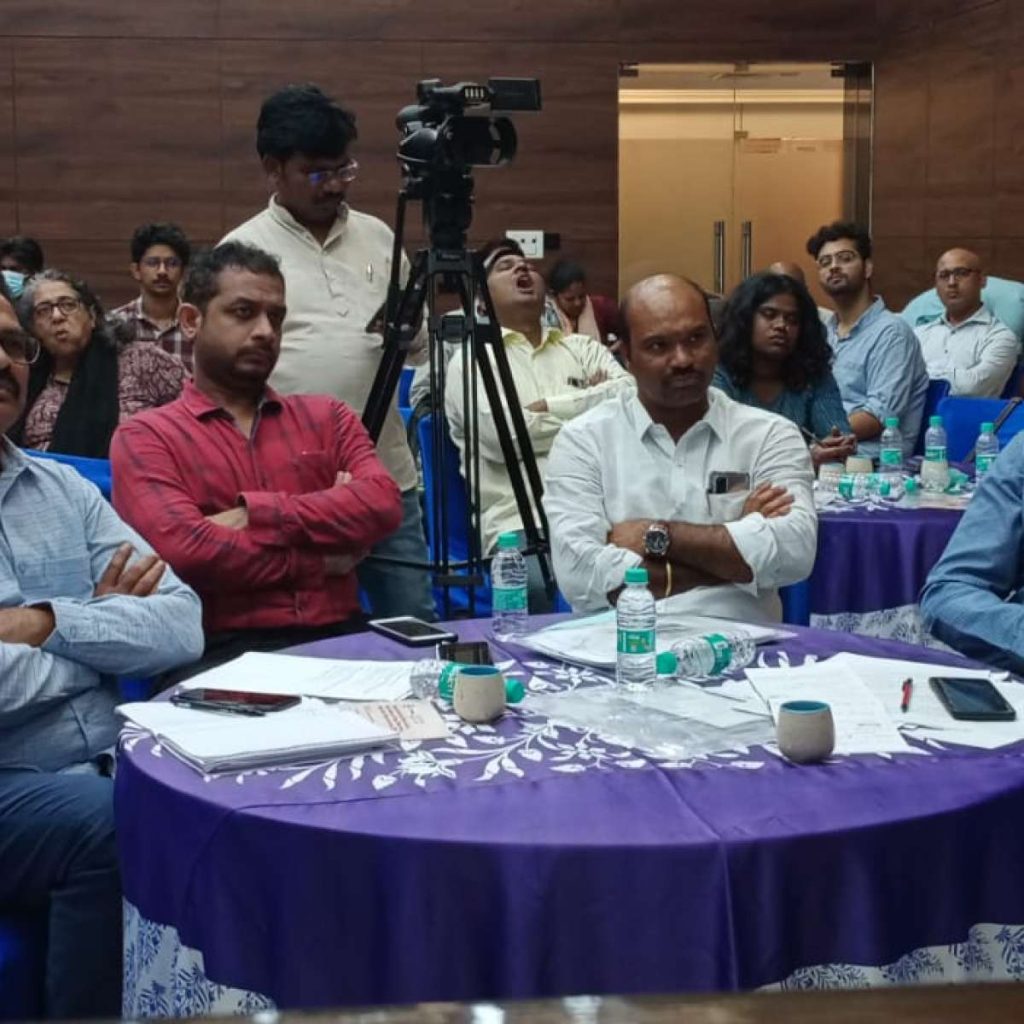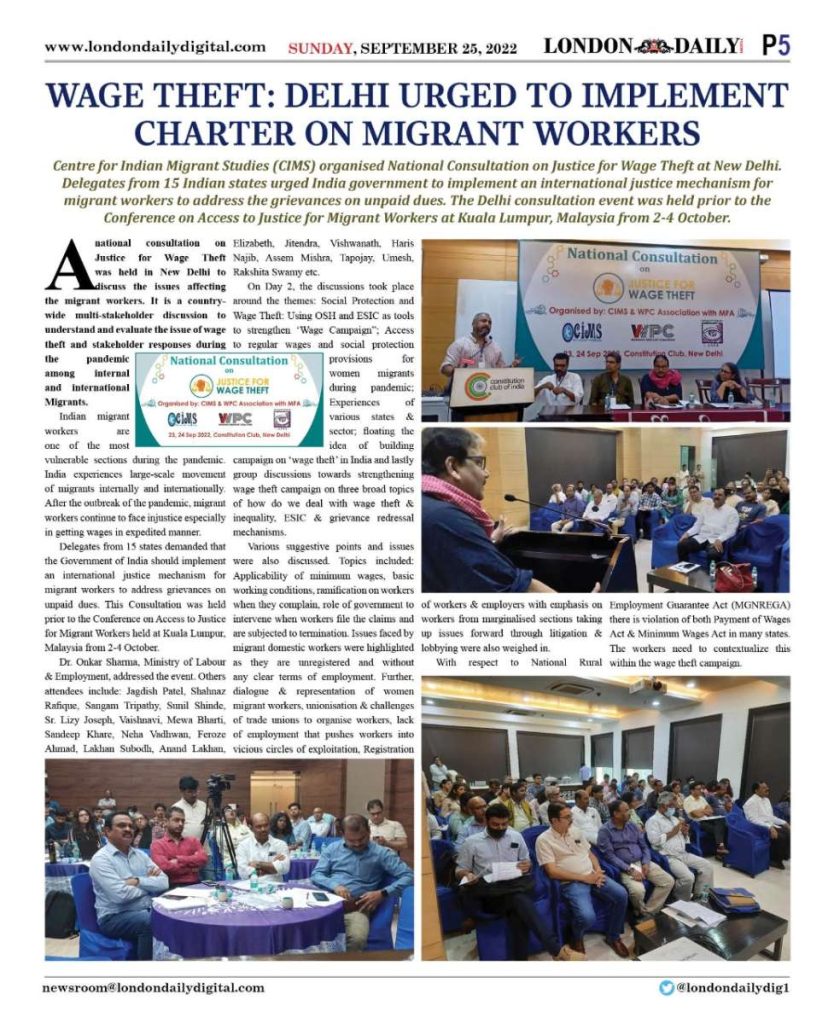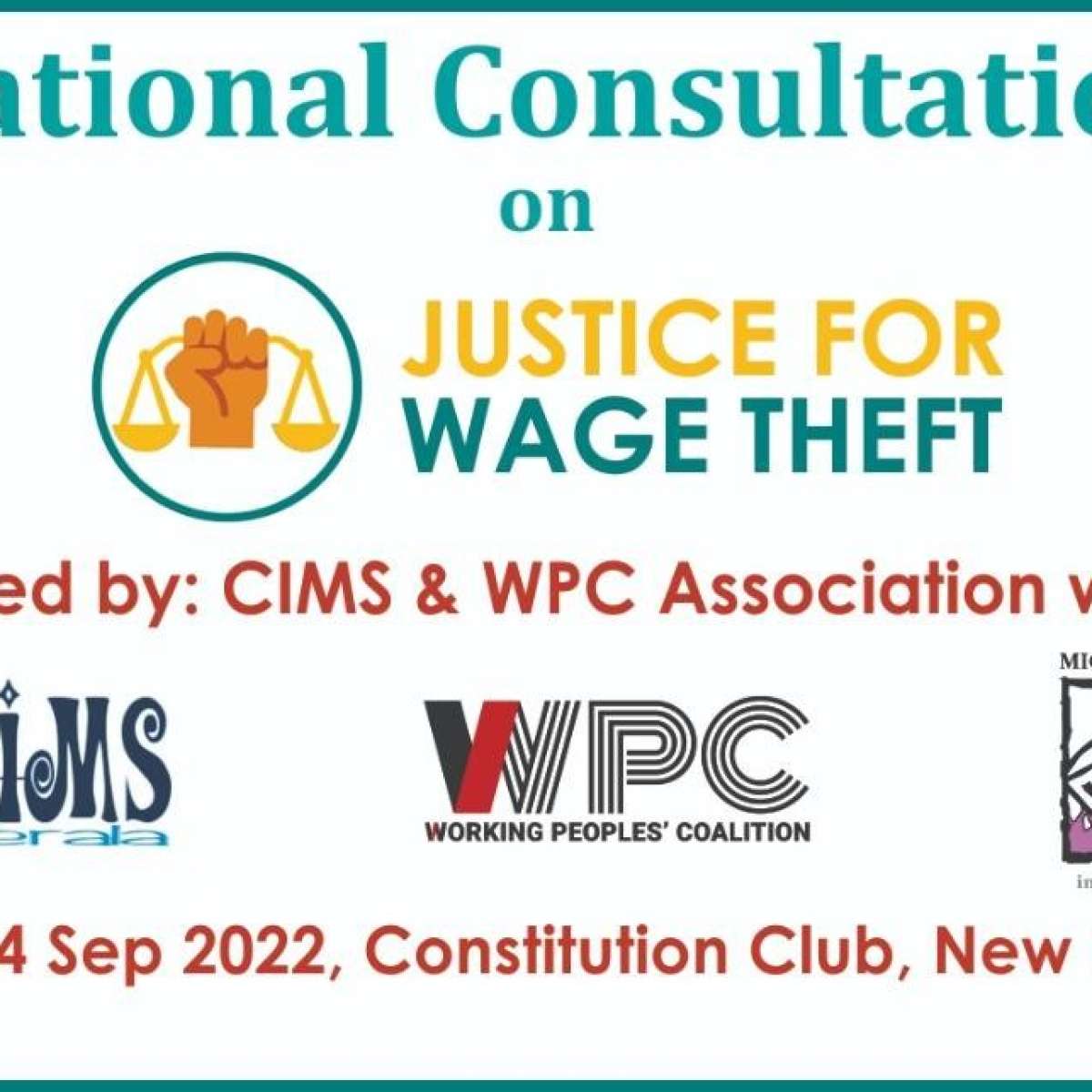Centre for Indian Migrant Studies (CIMS) organised National Consultation on Justice for Wage Theft at New Delhi. Delegates from 15 Indian states urged India government to implement an international justice mechanism for migrant workers to address the grievances on unpaid dues. The Delhi consultation event was held prior to the Conference on Access to Justice for Migrant Workers at Kuala Lumpur, Malaysia from 2-4 October
A national consultation on Justice for Wage Theft was held in New Delhi to discuss the issues affecting migrant workers. It is a country-wide multi-stakeholder discussion to understand and evaluate the issue of wage theft and stakeholder responses during the pandemic among internal and international Migrants.
Indian migrant workers are one of the most vulnerable sections during the pandemic. India experiences the large-scale movement of migrants internally and internationally. After the outbreak of the pandemic, migrant workers continue to face injustice especially in getting wages in an expedited manner.
Delegates from 15 states demanded that the Government of India should implement an international justice mechanism for migrant workers to address grievances on unpaid dues. This Consultation was held prior to the Conference on Access to Justice for Migrant Workers held at Kuala Lumpur, Malaysia from 2-4 October.
Dr. Onkar Sharma, Ministry of Labour & Employment, addressed the event. Other attendees include Jagdish Patel, Shahnaz Rafique, Sangam Tripathy, Sunil Shinde, Sr. Lizy Joseph, Vaishnavi, Mewa Bharti, Sandeep Khare, Neha Vadhwan, Feroze Ahmad, Lakhan Subodh, Anand Lakhan, Elizabeth, Jitendra, Vishwanath, Haris Najib, Assem Mishra, Tapojay, Umesh, Rakshita Swamy etc.
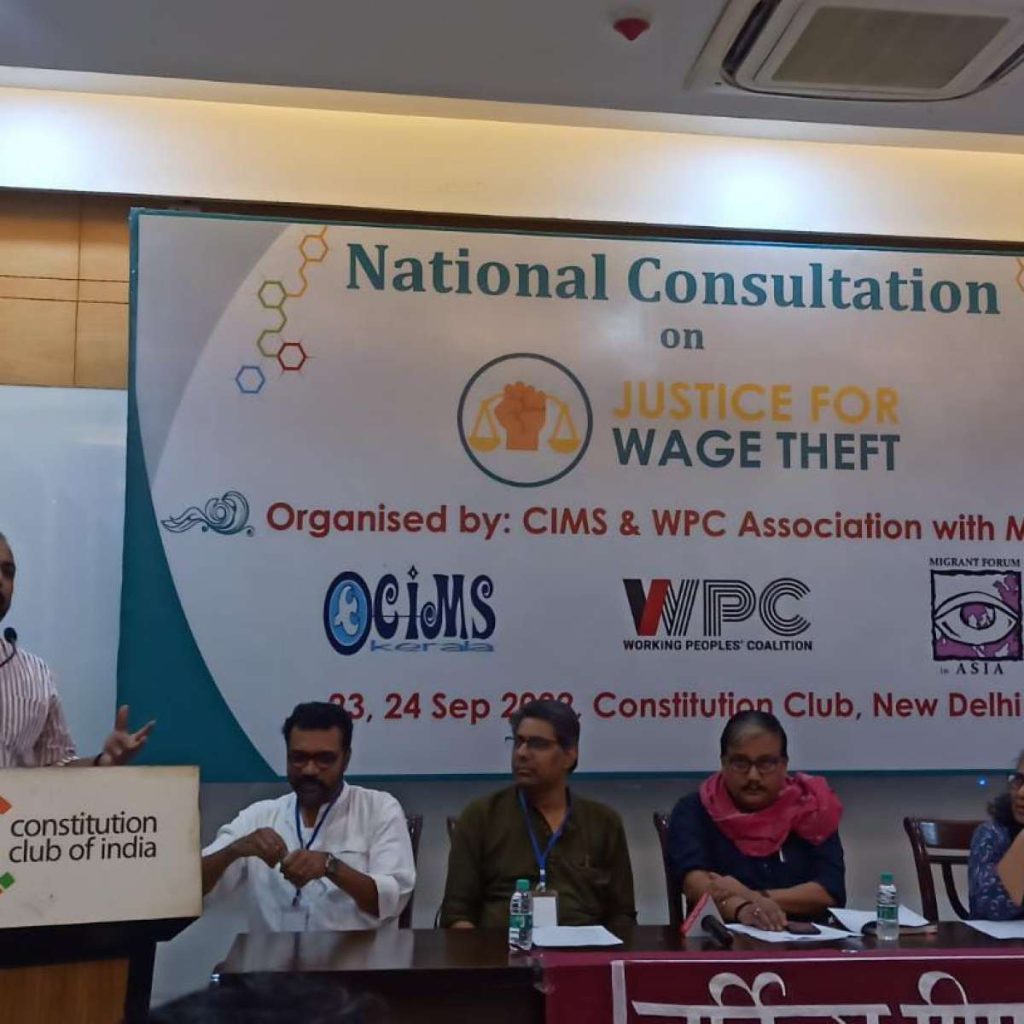
On Day 2, the discussions took place around the themes: Social Protection and Wage Theft: Using OSH and ESIC as tools to strengthen ‘Wage Campaign”; Access to regular wages and social protection provisions for women migrants during a pandemic; Experiences of various states & sector; floating the idea of building campaign on ‘wage theft’ in India and lastly group discussions towards strengthening wage theft campaign on three broad topics of how do we deal with wage theft & inequality, ESIC & grievance redressal mechanisms.
Various suggestive points and issues were also discussed. Topics included: Applicability of minimum wages, basic working conditions, ramifications on workers when they complain, and the role of the government to intervene when workers file claims and are subject to termination. Issues faced by migrant domestic workers were highlighted as they are unregistered and without any clear terms of employment. Further, dialogue & representation of women migrant workers, unionisation & challenges of trade unions to organise workers, lack of employment that pushes workers into vicious circles of exploitation, Registration of workers & employers with emphasis on workers from marginalised sections taking up issues forward through litigation & lobbying were also weighed in.
With respect to National Rural Employment Guarantee Act (MGNREGA) there is a violation of both Payment of Wages Act & Minimum Wages Act in many states. The workers need to contextualize this within the wage theft campaign.
